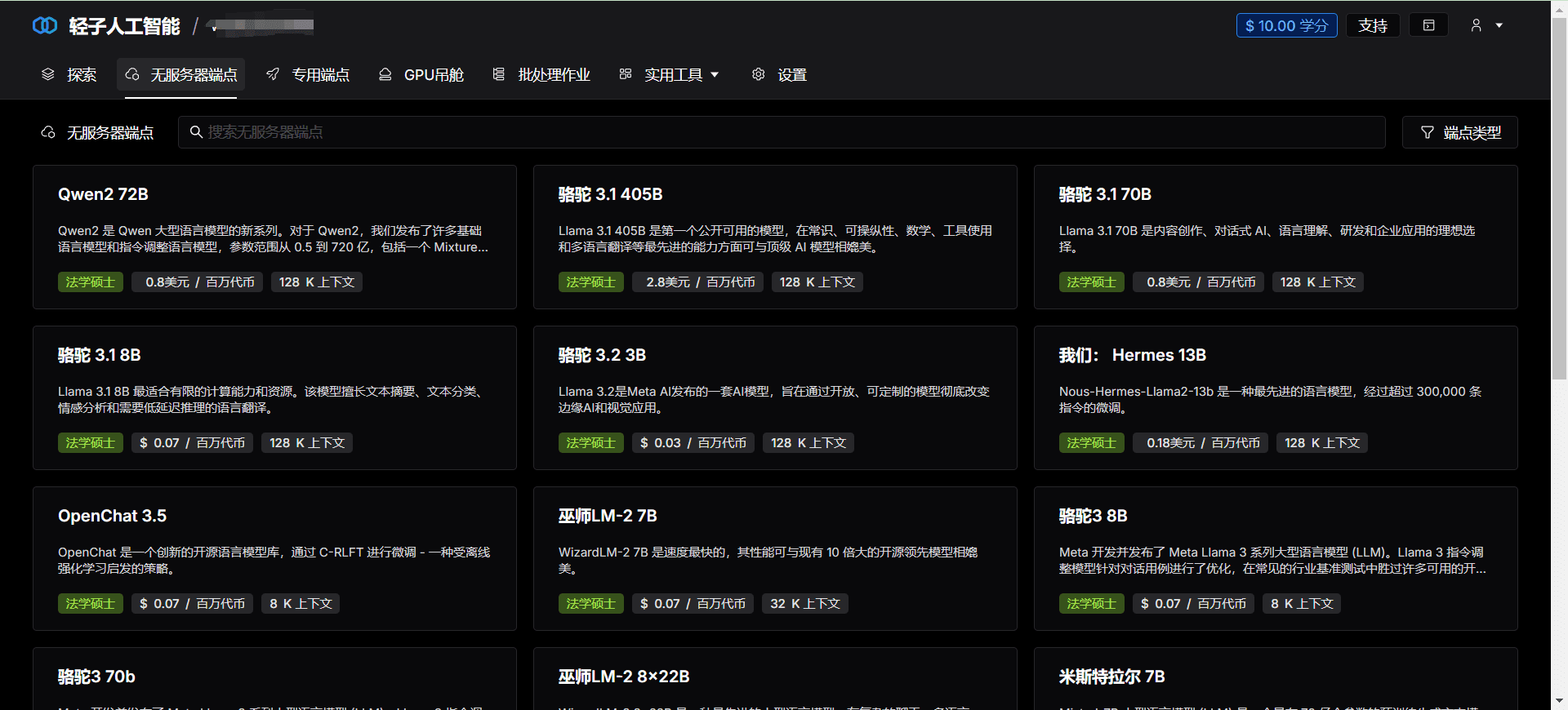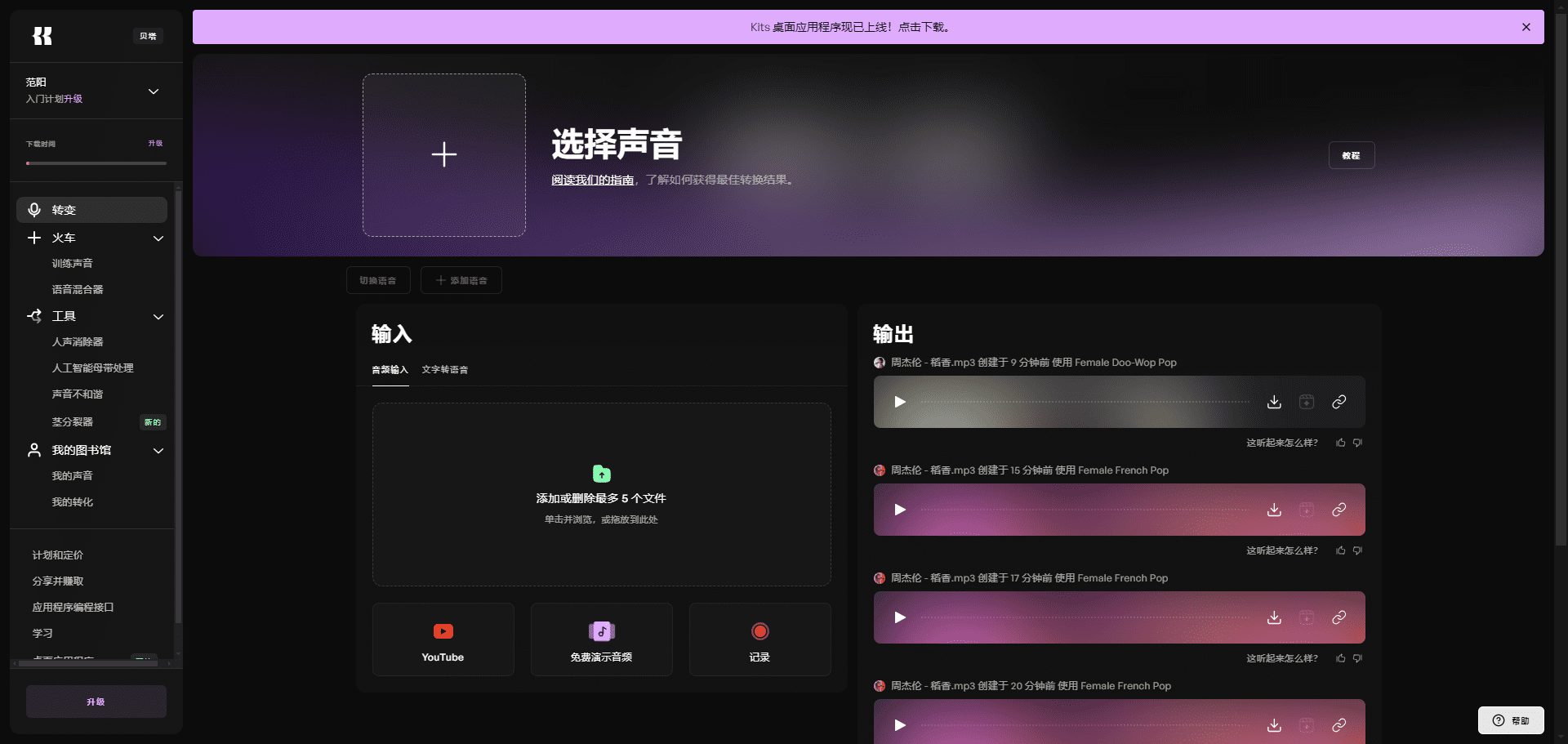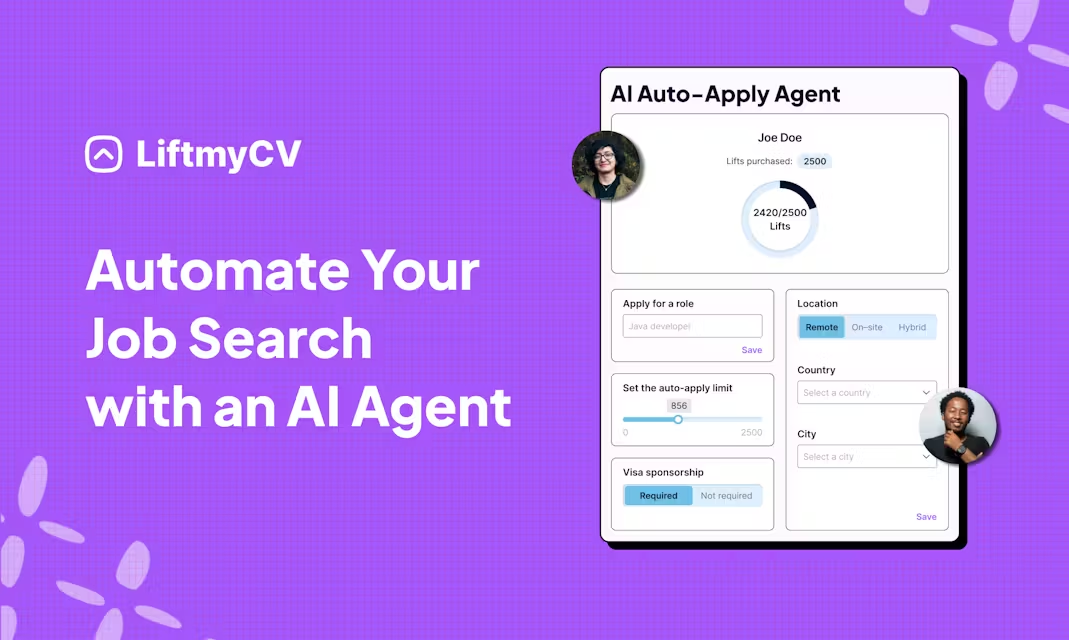Lepton AI: Cloud-native AI platform offering free GPU-limited rate AI model deployment
General Introduction
Lepton AI is a leading cloud-native AI platform dedicated to providing developers and enterprises with efficient, reliable and easy-to-use AI solutions. Through its powerful computing capabilities and user-friendly interface, Lepton AI helps users achieve rapid landing and scaling in complex AI projects.

Function List
- Efficient computing: Provides high-performance computing resources to support training and inference of large-scale AI models.
- Cloud Native Experience: Seamlessly integrates with cloud computing technology to simplify the process of developing and deploying AI applications.
- GPU Infrastructure: Provides top-notch GPU hardware support to ensure efficient execution of AI tasks.
- Rapid deployment: Supports native Python development for rapid deployment of models without having to learn containers or Kubernetes.
- Flexible API: Provides a simple and flexible API that facilitates the calling of AI models in any application.
- Horizontal expansion: Supports horizontal scaling to handle large-scale workloads.
Using Help
Installation and use
- Register for an accountVisit the Lepton AI website, click on the "Register" button, and fill in the relevant information to complete the registration.
- Create a project: After logging in, go to "Control Panel", click "Create Project", fill in the name and description of the project.
- Selecting Computing Resources: In Project Settings, select the required computing resources, including GPU type and number.
- Upload model: In "Model Management", click "Upload Model" and select the local model file for uploading.
- Configuration environment: In "Environment Configuration", select the required runtime environment and dependency packages.
- Deployment modelsClick "Deploy", the system will automatically deploy the model and generate the API interface.
- invoke an API: In "API Documentation", view the generated API interface documentation and use the provided API call model for reasoning.
workflow
- model training: Train the model locally using Python to ensure that the model performs as expected.
- model testing: Perform model testing locally to verify the accuracy and stability of the model.
- Model Upload: Upload the trained model to the Lepton AI platform for online deployment.
- Environment Configuration: Configure the runtime environment and dependency packages according to the model requirements to ensure that the model runs properly.
- API call: Use the generated API interface to call the model for inference in the application and get the results in real time.
- Monitoring and Maintenance: On the "Monitor" page, you can view the model's running status and performance indicators for timely maintenance and optimization.
© Copyright notes
Article copyright AI Sharing Circle All, please do not reproduce without permission.
Related posts

No comments...




